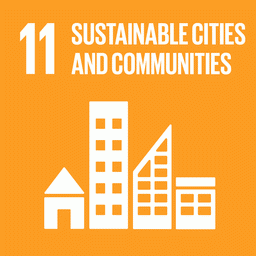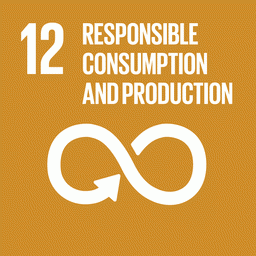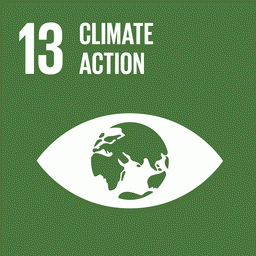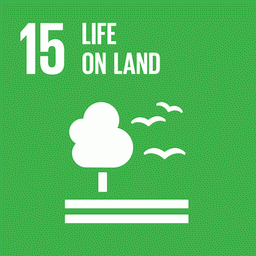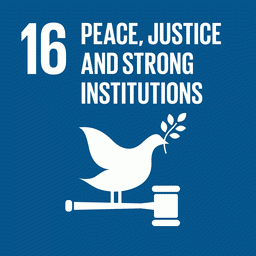At a time when everyone is being challenged to rethink our existence to “build back better” after the pandemic, the traditional knowledge of indigenous peoples has a lot to contribute — and this goes far beyond conserving forests.
“We tend to think of indigenous peoples as ‘forests protectors’ because where they are, deforestation is significantly lower, but it is a simplistic view. Indigenous wisdom has the secret to rescue human cognition, the understanding of what life is”, said Antonio Donato Nobre, senior researcher at the National Institute for Space Research (Inpe), during the latest episode of Amazoniar last Thursday (July 1st).
Moderated by Martha Fellows, researcher at the Amazon Environmental Research Institute (IPAM), the discussion also featured Genisvan Melquior André, responsible for the Laboratory of Geographic Information System (SIG) of the Indigenous Council of Roraima (CIR). The main topic was the importance of the ancestral knowledge of indigenous peoples.
The origin of science and rupture with religion
During the discussion, Nobre recalled the origins of science: due to the violence experienced in the Inquisition, there was a rupture between science and religion. According to him, this led science to develop the method of only believing in proven facts, which resulted in the loss of a connection with the knowledge of native peoples, not only in Latin America but also in other regions, such as in Europe (Celts) and in the Middle East (Sumerians).
“It is important to remember this traumatic origin of science, which produced two effects. The first is that, as one has to believe only in what has evidence, everything that does not have it — that is, life and its complexity — falls in “no man’s land”. Or, when it is proven, it is too late, which is what is happening now to the planet”, he said.
Besides, after the Inquisition, all non-Christian cultures were classified as pagan. “The pagan cultures were thrown into no man’s land; the science that was strongly emerging in search of truth ignored everything that was within the indigenous knowledge because it had not been demonstrated”, he said.
Back to the future
According to Nobre, today, after many discoveries and researches, “science confirms, word by word, the wisdom of native peoples”, being a great part of it preserved through oral narrative and in their connection with nature, a singular aspect in indigenous cultures.
And the connection with nature is precisely one of the most important points of traditional knowledge. “When you have a very strong connection with the land, as the natives do, the perception of wonder is what produces an enchantment, without the notion of ownership. It is a perception and realization that life does not exist only in each person, but also in trees, rivers, winds, the sky, the moon, the stars, the sun. Something we recognize as sacred and in our hearts, not just in our minds, we protect and care for it”, he said. “This wisdom has become not only important for the recognition of indigenous peoples, but also essential for the survival of humanity on Earth”, concluded.
Genisvan, who is a specialist in geoprocessing, mentioned during his participation that the use of modern technologies has been combined with traditional knowledge in SIG’s research. “One example is the Territorial and Environmental Management Plan, which is fully based on traditional knowledge. The technology we use is more to validate,” he explained.
In order to contain fire during the dry season, Genisvan said that the communities have been using monitoring tools, such as drones. “These are new tools, technologies that are contributing a lot”, he said. “We are working to produce knowledge not only for ourselves but also for the government and non-indigenous populations.”
About Amazoniar
Amazoniar is an initiative by the Amazon Environmental Research Institute (IPAM) to promote a global dialogue on the Amazon forest and how it influences the relations between Brazil and the world.
The second cycle of discussions focused on indigenous peoples and their importance to combat deforestation, their contribution to science and culture, as well as to the sustainable development of the region.
Next episode
The next and last episode of this cycle will be on July 15th. Adriana Ramos (Instituto Socioambiental – ISA), Gregório Mirabal (Coordenadoria das Organizações Indígenas da Bacia Amazônica – COICA) and Paulo Moutinho (Amazon Environmental Research Institute – IPAM) will take us through a discussion on the integration of Pan-Amazonian indigenous peoples, their common challenges and their strategies to tackle inequalities.
Episode 10: One Amazon in 9 countries: countless cultures in a single biome
Date: Thursday, July 15, 2021
Time: 1 pm (EST) / 2 pm (Brazil) / 7 pm (CEST)
Register now
To receive news about Amazoniar, sign up for our newsletter.
